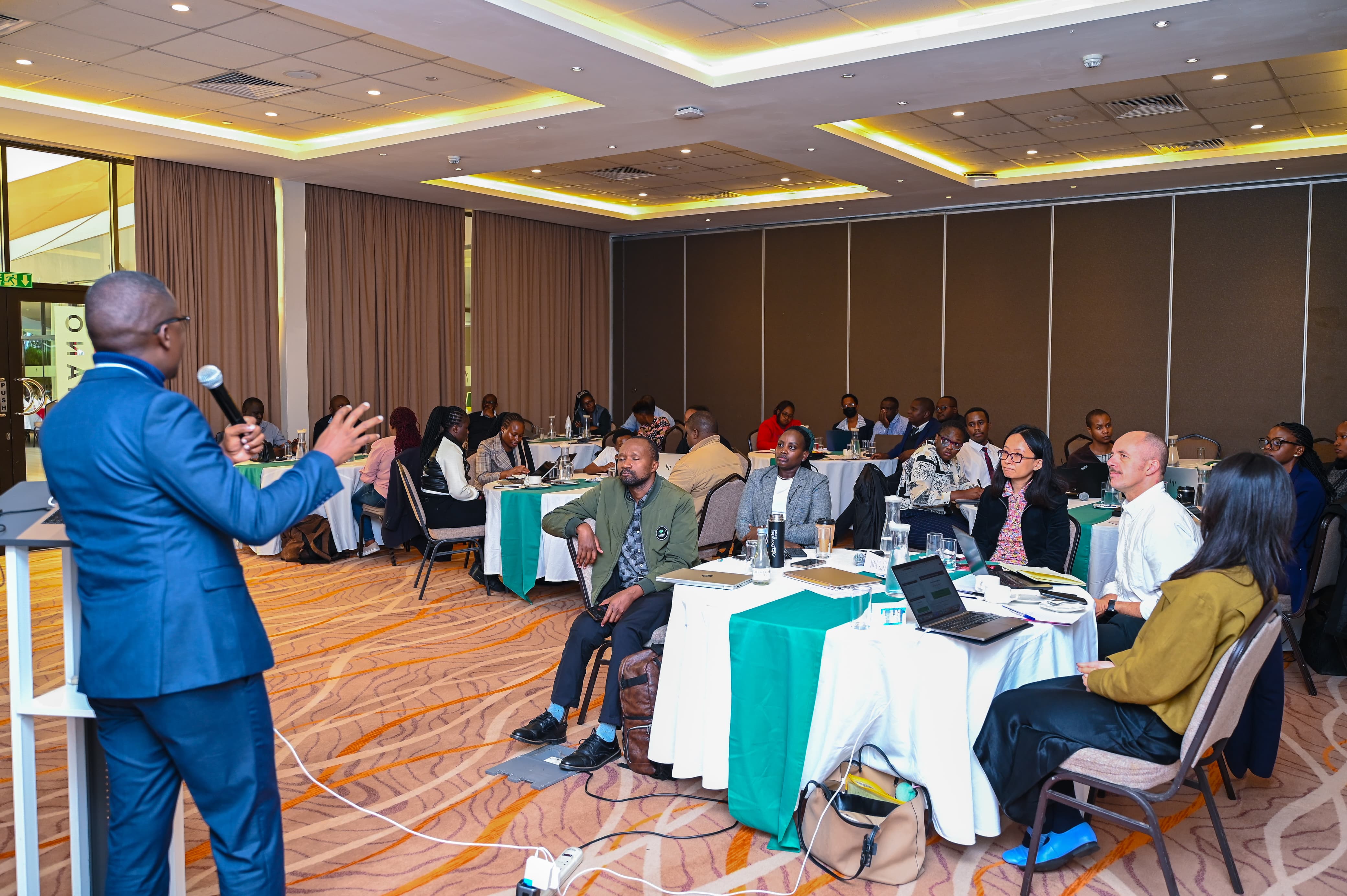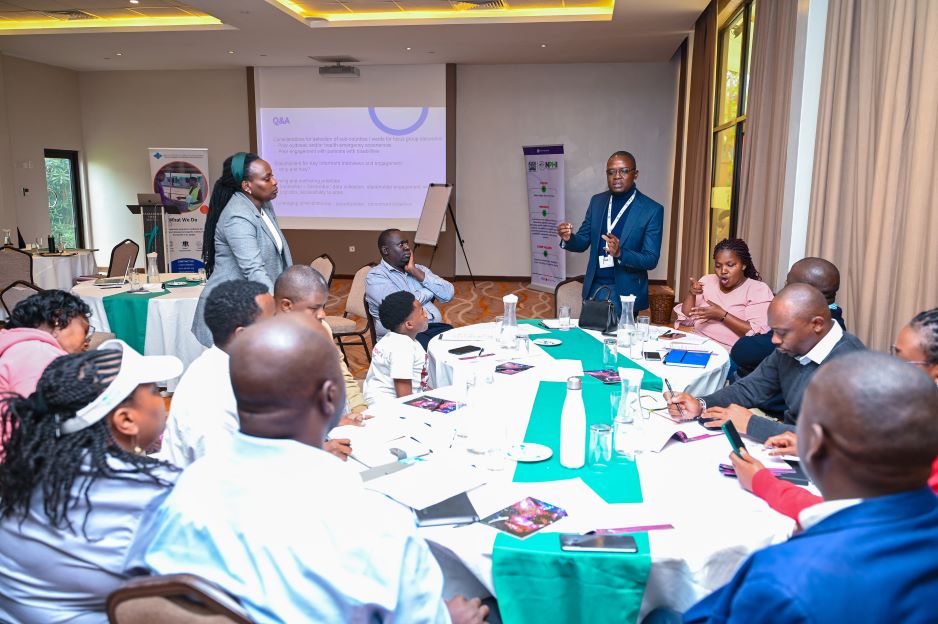

Image credit: Kenya National Public Health Institute
The UK-PHRST, in collaboration with the Kenya National Public Health Institute (KNPHI), the Kenya Ministry of Health and the Africa Institute for Health and Development (AIHD), is co-leading a study working with people with disabilities to improve the reach and reduce the harm of outbreak response measures in Kenya.
People with disabilities face specific barriers to accessing healthcare, receiving timely information and actively participating in emergency responses during disease outbreaks. Although the Kenyan government has laws and plans to support healthcare access and provision for people with disabilities, our Kenyan research partners find that these measures are often not implemented during acute disease outbreaks – leaving people with disabilities at increased risk during health emergencies.

Image credit: Kenya National Public Health Institute
The research study
To overcome these issues, the research study will focus on two main questions:
- What are the needs of people with disabilities during a typical outbreak response in Kenya? Have their needs been met during past outbreak responses?
- How can we maximise the benefit of disease prevention and control measures and reduce the potential to cause unintended harm for people with disabilities during outbreak response in Kenya?
To gather insights, the research team will conduct interviews and focus groups with people with disabilities, caregivers, responders, and policymakers. Alongside this, the research team will undertake a scoping review of global literature on the group’s experiences during disease outbreaks and review existing data and documents on past outbreak responses.
Ultimately, the researchers hope that by pinpointing the needs of people with disabilities during disease outbreak and identifying gaps in Kenya’s current health emergency response system, they will develop a plan for improving the reach and reducing the unintended harm of outbreak response measures for people with disabilities across Kenya.
|
Dr Ruoran Li, Epidemiologist at UK-PHRST and Assistant Professor in Spatial Epidemiology/Data Science at London School of Hygiene & Tropical Medicine said: “It was a privilege to meet with our collaborators who represent and work with people with disabilities in Kenya. We look forward to learning from and working with the community to address health inequities in outbreak preparedness and response.” |
For further information about the project, contact UK-PHRST’s research team.